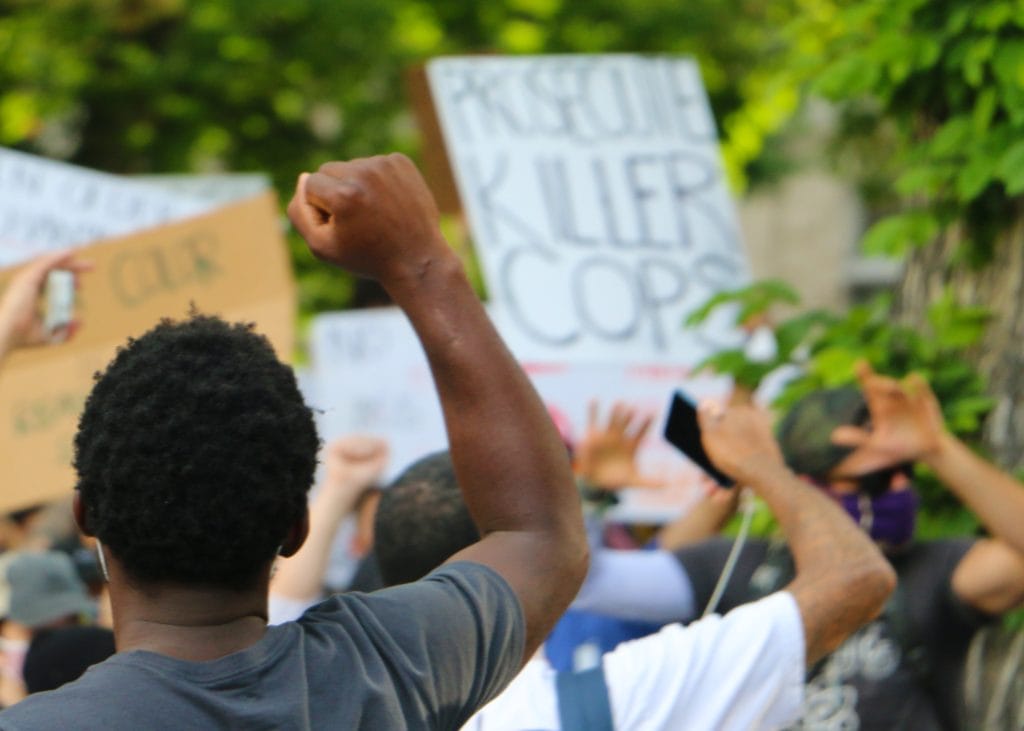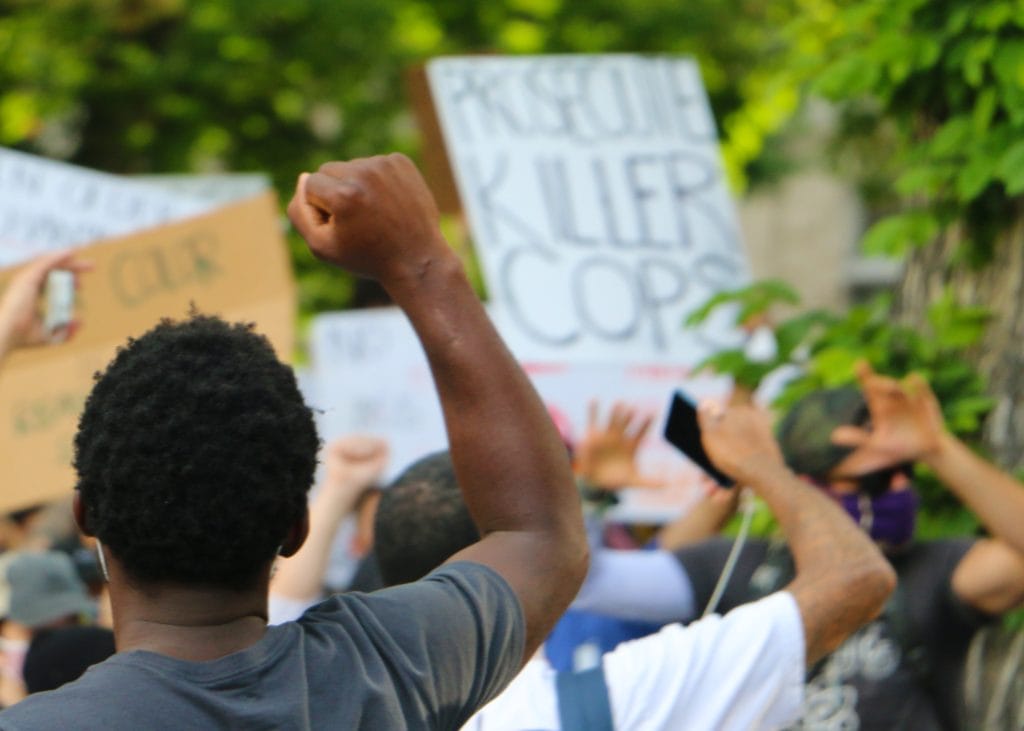What Happens When a Police Officer Lies Under Oath?


Overview of Police Testimony Issues
In 2012, the Toronto Star documented an in-depth survey of police witnesses involved in criminal trials. The study examined several cases from 2005 to 2012, involving police officers who testified as witnesses. The research revealed some alarming trends. The report highlighted that police witnesses regularly make inconsistent statements on the witness stand, and, in some cases, are guilty of “outright lying”.
As well, the study suggested that there are few reprimands in such circumstances, and disciplinary action is rarely taken. Following the release of the report and heightened media attention, the Chief of the Crown Attorneys in Ontario made several recommendations to address the issue. Among these is a reporting procedure for Crown Attorney offices. Crown attorneys are now obliged to report incidents of police witnesses who testify and provide untruthful and/or inconsistent statements.
Highlighting Police Misconduct and Inconsistencies in Police Testimony
There is significant public resentment against dishonest police officers. The Star article detailed a major prosecution in recent years against Chuck Wan Leong, a Toronto resident, who was accused of operating an ecstasy lab. As a result of searching his house, 16 million dollars worth of drugs were seized.
The investigation involved the efforts of a number of special detective constables, some of whom had been with the police force for over 20 years. At trial, the defence managed to successfully identify a number of inconsistencies and frailties in the testimony of police witnesses.
Her Honour Justice Nola Garton characterized the police evidence as “inconsistent and inaccurate,” “exaggerated,” and “almost inconceivable”. She described the evidence as an “embellishment,” “misleading”, and “patently absurd.” Leong was acquitted. Police Constable Worthman, a member of the Toronto Police Service, was charged with deceit and discreditable conduct under the Police Act.
In another recent case, R. v. Obasi, successfully defended by our office’s counsel, Jonathan Pyzer, issues pertaining to police dishonesty in testimonial evidence were further highlighted. As defence counsel on the matter, Mr. Pyzer made a Charter Application for the exclusion of evidence pursuant to the violation of his client’s rights under sections 8, 9, and 10 of the Charter of Rights. Mr. Obasi was subject to an investigation by Peel Regional Police after a sergeant received information from an informant that a package alleged to belong to Mr. Obasi had secreted drugs.
There was scant detail regarding the description of the involved parties. Constable McKean of the Peel Police was assigned to locate the suspect. Officer McKean stopped Mr. Obasi’s motor vehicle, and subsequently, Mr. Obasi (the driver) was detained on suspicion of being in possession of a controlled substance.
The officers searched Mr. Obasi’s vehicle upon his arrest and found the package in the trunk. Mr. Obasi was arrested for possession for the purpose of trafficking. At trial, Mr. Pyzer successfully argued that his client’s rights had been violated as he was arbitrarily detained, was not provided his rights to legal counsel and was subjected to an unlawful search. The evidence against him at trial was subsequently excluded and the charges were dismissed.
Justice Thomas A. Bielby’s decision reads that “until the search was conducted, the police lacked the reasonable and probable grounds to arrest the accused and that the search, without a lawful arrest, was unlawful.” The execution of the search was not found in law. Furthermore, no steps were taken to corroborate the provided information by the informant.
By detaining the accused simply on the basis of a “hunch” without the requisite grounds, the search and detention were not warranted. Justice Bielby also noted that during Sergeant Ceballo’s testimony, “it seemed as if he tailored his evidence to fit the facts…and that he was interpreting the facts in a manner so as to justify McKean detaining the accused, without being instructed to do so.” Mr. Pyzer’s fierce advocacy proved significant.
In 2015, four Toronto police officers were arrested and charged with 17 criminal offences: nine counts of obstructing justice and eight counts of perjury. The charges arose from the prosecution of Nguyen Son Tran.

Justice Edward Morgan dismissed the criminal offence charges against Tran, who was accused of possessing heroin. In his decision, Justice Edward Morgan concluded that the officers involved concocted a false story about why they stopped the man and searched his car. Justice Morgan found that the officers falsely testified and ruled that the drugs seized during the search were not admissible as evidence. Predictably, all charges against the officers steaming from the Tran investigation were withdrawn by the Crown Attorney.
In 2017, multiple offences against three men were committed after it was found by Justice Katherine Corrick that a Toronto police officer Constable Bradley Trenouth had been “deliberately misleading” in his testimony and police notes in an attempt to “strengthen the case” against one of the accused.
Justice Corrick found that Trenouth “falsely attributed” a large piece of crack to one of the accused. Consequent to Constable Trenouth’s dishonesty all the charges against the men were stayed. “The false attribution of evidence to an accused’s possession, and false testimony by a police officer constitute precisely the type of state misconduct that undermines the integrity of the judicial process,” Justice Corrick wrote in her decision.
Reliability of Police Evidence and Its Impact on Trial Integrity
In practice, police evidence is often viewed as unreliable. Evidence against the accused may be excluded at trial because of a Charter infringement caused by unreliable, dishonest or even violent police practices.
The integrity of the trial process demands that police witnesses give fair and accurate testimony. Where the police evidence is the evidentiary foundation of the trial, the Court must consider the reliability and candour of the police evidence in support of the allegation(s) in question.
The police services involved maintain that the above-mentioned cases and other such cases are not evidence of a more widespread problem of police misconduct. While the explanation offered by the police services seems to be that of the “bad apple” sort, those accused at the hands of such officers would disagree, frequently suffering serious Charter rights violations that are all too common and sometimes challenging to prove.

Jonathan Pyzer, B.A., L.L.B., is an experienced criminal defence lawyer and distinguished alumnus of McGill University and the University of Western Ontario. As the founder of Pyzer Criminal Lawyers, he brings over two decades of experience to his practice, having successfully represented hundreds of clients facing criminal charges throughout Toronto.





